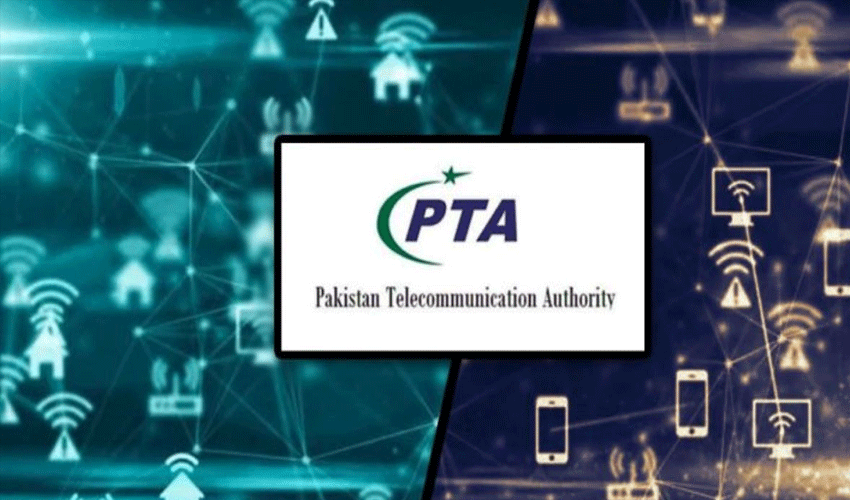Pakistan’s Crackdown on Anti-State Social Media Posts Amidst Rising Tensions
In the wake of escalating tensions between Pakistan and India, Pakistani authorities have intensified efforts to curb anti-state narratives on social media platforms. The Prevention of Electronic Crimes Act (PECA) has become a pivotal tool in this crackdown, leading to multiple arrests and legal actions against individuals accused of disseminating content deemed harmful to national security.
Understanding PECA and Its Implications
The Prevention of Electronic Crimes Act (PECA), enacted in 2016, was designed to address cybercrimes and regulate online content in Pakistan. Under PECA, offenses such as cyberterrorism, hate speech, and defamation are punishable by law. The act empowers authorities to take swift action against individuals who use digital platforms to spread misinformation or content considered detrimental to the state’s interests.
Recent Arrests Highlighting the Crackdown
Several individuals have been arrested under PECA for allegedly posting anti-state content on social media:(Dawn)
- Muhammad Rehan: A resident of Rawalpindi, Rehan was arrested for allegedly posting propaganda against the state, the Punjab chief minister, and intelligence agencies. The arrest was based on a complaint by a police constable who encountered the content on social media. (Dawn, Dawn)
- PTI Activist: In a separate incident, a Pakistan Tehreek-e-Insaf (PTI) activist was arrested in Rawalpindi for uploading posts deemed negative and based on misinformation. Authorities emphasized that misuse of freedom of expression to spread propaganda would not be tolerated. (The News International)
- Shakib Qaimkhani: The Union Council chairman from Hyderabad was arrested for allegedly posting anti-state content on social media. However, he was later acquitted by a local court due to insufficient evidence. (ARY NEWS, Dawn)
Broader Implications and Concerns
The intensified enforcement of PECA has sparked debates about freedom of expression and the balance between national security and individual rights. Critics argue that the broad application of the law may suppress dissent and limit open discourse. On the other hand, supporters contend that in times of heightened national security concerns, stringent measures are necessary to maintain order and unity.(Global Village Space)
The Role of Social Media in National Discourse
Social media platforms have become powerful tools for information dissemination and public discourse. However, the rapid spread of unverified or false information can have serious implications, especially during periods of national tension. The government’s actions under PECA reflect an attempt to control narratives and prevent the spread of content that could exacerbate conflicts or undermine state institutions.
Conclusion
As Pakistan navigates complex geopolitical challenges, the balance between safeguarding national security and upholding democratic freedoms remains delicate. The enforcement of PECA underscores the government’s commitment to maintaining order, but it also raises important questions about the limits of state power and the protection of individual rights in the digital age.
